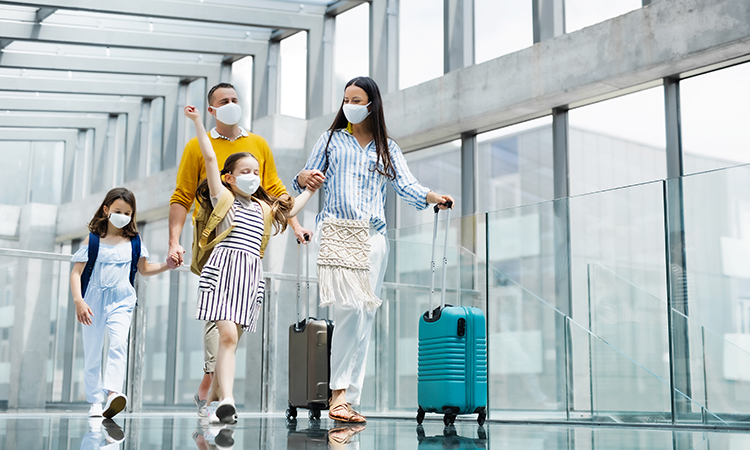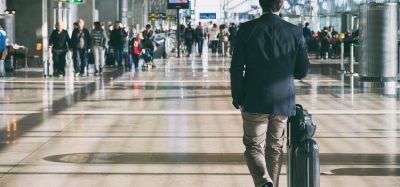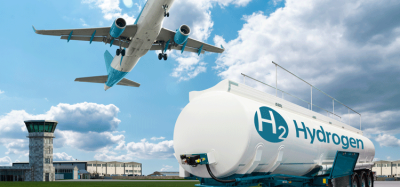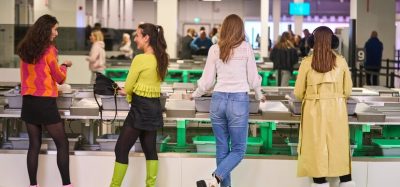Results from latest IATA poll finds growing confidence in air travel
- Like
- Digg
- Del
- Tumblr
- VKontakte
- Buffer
- Love This
- Odnoklassniki
- Meneame
- Blogger
- Amazon
- Yahoo Mail
- Gmail
- AOL
- Newsvine
- HackerNews
- Evernote
- MySpace
- Mail.ru
- Viadeo
- Line
- Comments
- Yummly
- SMS
- Viber
- Telegram
- Subscribe
- Skype
- Facebook Messenger
- Kakao
- LiveJournal
- Yammer
- Edgar
- Fintel
- Mix
- Instapaper
- Copy Link
Posted: 10 March 2021 | International Airport Review | No comments yet
Among the results, IATA found that 57 per cent of respondents expect to be travelling within two months of the pandemic being contained, which is much improved from 49 per cent in September 2020.


The International Air Transport Association (IATA) has announced the results from its latest poll of recent travellers, revealing growing confidence in a return to air travel, frustration with current travel restrictions and acceptance of a travel app to manage health credentials for travel.
Travel restrictions
In regards to travel restrictions, results from the poll found that:
- 88 per cent believe that, when re-opening borders, the right balance must be struck between managing COVID-19 risks and getting the economy going again
- 85 per cent believe that governments should set COVID-19 targets (such as testing capacity or vaccine distribution) to re-open borders
- 84 per cent believe that COVID-19 will not disappear, and we need to manage its risks while living and travelling normally
- 68 per cent agreed that their quality of life has suffered with travel restrictions
- 49 per cent believe that air travel restrictions have gone too far.
While there is public support for travel restrictions, it is becoming clear that people are feeling more comfortable with managing the risks of COVID-19.
People are also feeling frustrated with the loss of freedom to travel, with 68 per cent of respondents indicating that their quality of life is suffering as a result. Travel restrictions come with health, social and economic consequences: Nearly 40 per cent of respondents reported mental stress and missing an important human moment as a result of travel restrictions, and over a third have said that restrictions prevent them from doing business normally.
Alexandre de Juniac, IATA’s Director General and CEO, said: “The top priority of everybody at the moment is staying safe amid the COVID-19 crisis. But it is important that we map a way to being able to re-open borders, manage risks and enable people to get on with their lives. That includes the freedom to travel. It is becoming clear that we will need to learn to live and travel in a world that has COVID-19. Given the health, social and economic costs of travel restrictions, airlines should be ready to re-connect the world as soon as governments are able to re-open borders. That’s why a plan with measurable milestones is so critical. Without one, how can we be prepared for restart without an unnecessary delay?”
Future travel trends
The poll found that, when discussing future travel trends, participants responses where that:
- 57 per cent expect to be travelling within two months of the pandemic being contained (improved from 49 per cent in September 2020)
- 72 per cent want to travel to see family and friends as soon as possible (improved from 63 per cent in September 2020)
- 81 per cent believe that they will be more likely to travel once they are vaccinated
- 84 per cent said that they will not travel if there is a chance of quarantine at the destination (largely unchanged from 83 per cent in September 2020)
- 56 per cent believe that they will postpone travel until the economy stabilises (improved from 65 per cent in September 2020).
Survey responses are highlighting the fact that people are becoming more confident to travel. Those expecting to travel within a few months of ‘COVID-19 containment’ now account for 57 per cent of survey respondents (improved from 49 per cent in September 2020). This is supported by vaccine rollouts, which indicates that 81 per cent of people will be more likely to travel once vaccinated. In addition, 72 per cent of respondents want to travel as soon as possible after COVID-19 is contained in order to see friends and family.
There are some headwinds in travel trends. About 84 per cent of travellers will not travel if it involves quarantining upon arrival at the destination. Additionally, there are still indications that the pick-up in business travel will take time, with 62 per cent of respondents saying that they are likely to travel less for business, even after the virus is contained. That is, however, a significant improvement from the 72 per cent that was recorded in September 2020.
“People want to get back to travel, but quarantine is the showstopper. As testing capacity and technology improves and the vaccinated population grows, the conditions for removing quarantine measures are being created. This points us again towards working with governments for a well-planned re-opening as soon as conditions allow,” said de Juniac.
IATA Travel Pass
In relation to the possibility of health credential requirements when travelling and the IATA Travel Pass, the poll found that:
- 89 per cent of respondents believe that governments need to standardise vaccine and testing certificates
- 80 per cent are encouraged by the prospect of the IATA Travel Pass App and would use it as soon as it is available
- 78 per cent will only use a travel credential app if they have full control over their data.
Travel health credentials are already opening borders to some countries. and IATA believes that such a system needs global standards and the highest level of data security.
The survey produced very encouraging data indicating traveller willingness to use a secure mobile phone app to manage their travel health credentials. Four of five people surveyed would like to use this technology as soon as it becomes available. They also expect that travel health credentials (vaccine or test certificates) must comply with global standards – a work that is still in progress by governments.
Survey respondents also sent a clear message on the importance of data security. Some 78 per cent of travellers will not use an app if they are not in full control of their data, and about 60 per cent will not use a travel credential app if data is stored centrally.
“We are designing the IATA Travel Pass with the traveller in mind. Passengers keep all of the data on their mobile devices, and they remain in full control of where that data goes. There is no central database. While we are making good progress with numerous trials, we are still awaiting the global standards for digital testing and vaccine certificates. Only with global standards and governments accepting them can we maximise efficiency and deliver an optimum travel experience,” said de Juniac.
Related topics
Airport crisis management, COVID-19, Passenger experience and seamless travel, Passenger volumes, Safety, Tourism


















